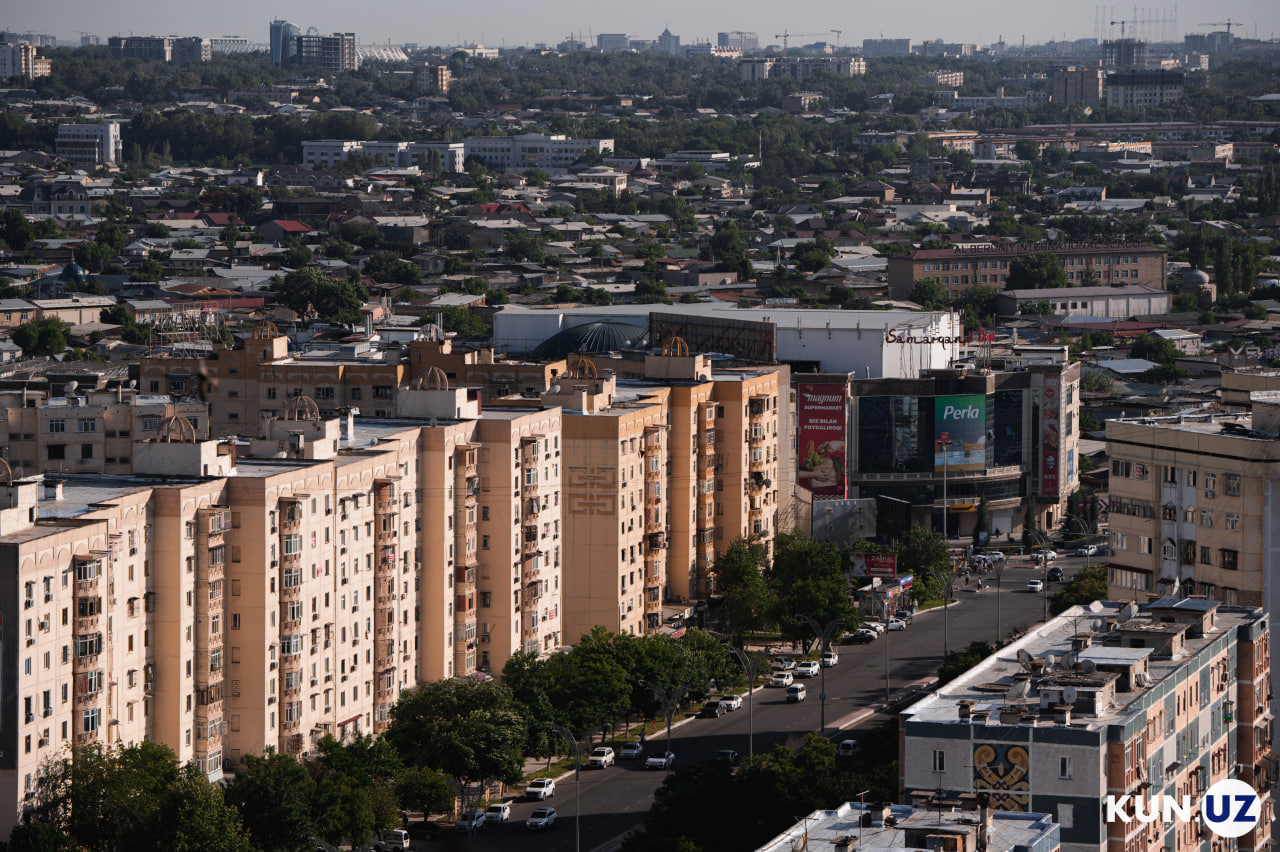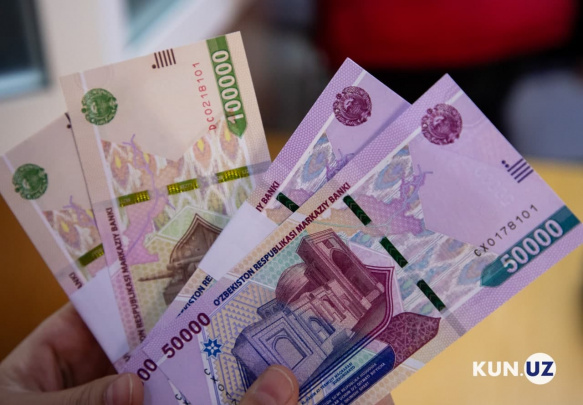Housing prices in Uzbekistan outpace fundamental value by 28% in H1 2024
In a recent financial stability review, the Central Bank of Uzbekistan reported that housing prices have surged to levels 28% above their fundamental value in the first half of 2024. This alarming trend highlights a growing disparity between market prices and the underlying economic conditions.

Photo: KUN.UZ
According to the report, housing prices in Uzbekistan increased 1.8 times faster than wage growth, with the national currency showing a staggering 44% rise in housing costs compared to the same period in 2023. In contrast, the increase in housing prices when measured in foreign currency was significantly lower at 23%. The Central Bank attributes these elevated prices to an imbalance in supply and demand, indicating that fundamental economic factors are no longer driving the real estate market.
The impact of rising construction costs is gradually lessening. The construction sector contributed 14% to the GDP in the first half of the year, down by 0.5 percentage points from the previous year. Between July 1, 2023, and July 1, 2024, construction costs rose by just 4%.
Concerns over the sustainability of current housing prices remain prevalent. The ratio of real estate prices to nominal GDP per capita stood at 28% as of July 1, reflecting a three-percentage-point increase from the same period last year. This level of growth significantly exceeds historical standard deviations, suggesting that the housing market is likely overvalued and may face adjustments in the future.
The report also noted a high ratio of annual growth rates for both housing prices and rent, which was recorded at 3.4. Despite a slight decline in the second quarter, this figure remains elevated, primarily due to market participants viewing real estate as a lucrative investment opportunity, expecting capital gains to outweigh rental income.
The widening gap between wage growth and housing prices has further exacerbated the affordability crisis. In the first half of 2024, average wages increased by 17.7% compared to the previous year, yet housing prices surged at 1.8 times that rate. This discrepancy highlights deviations from the fundamental value of real estate, according to the Central Bank's findings.
As of mid-2024, Uzbekistan's population reached 37.1 million, with a population density of 83 individuals per square kilometer—10 more than the median in Central Asia and the Caucasus. This continued population growth and high density suggest a sustained demand for housing in the future.
However, real estate market activity has declined, with 160,000 property sales recorded through notaries in the first half of 2024—a 3.3% decrease from the previous year. The Central Bank attributes this downturn to a reduction in purchasing power among consumers, compounded by the fact that only 10 out of every 1,000 residents hold mortgage loans, marking a 9% increase. The limited number of mortgage borrowers indicates potential future demand in the housing market.
Despite rising wages, the increasing cost of mortgage payments is constraining purchasing power. The average loan amount per person grew by 25% compared to the same period last year, while the loan repayment period decreased from 18 to 17 years, leading to a 22% rise in monthly payments. The Central Bank warns that this trend could increase the debt burden on households, further limiting their capacity to acquire homes.
Additionally, the average interest rate on mortgage loans reached 19.7% in the first half of 2024, a one-percentage-point increase from the same period last year.
Related News

20:24 / 20.02.2026
Central Bank survey shows downward trend in public inflation expectations

18:00 / 18.02.2026
Inflation expectations in Uzbekistan drop to 11.2% as January optimism returns

10:54 / 17.02.2026
Annual inflation in Uzbekistan slows to 7.2 percent

16:22 / 16.02.2026




